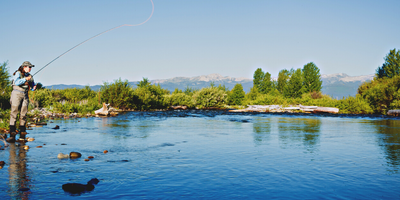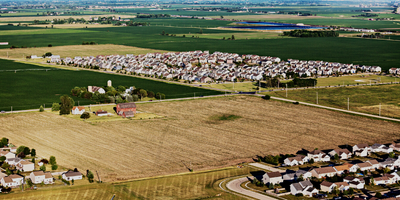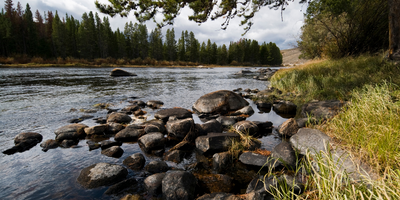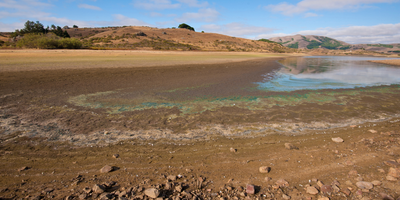2025 Legislative Session Recap
During the 2023-24 interim, thanks to support from the Governor’s Office, the DNRC collaborated with stakeholders representing a wide variety of geographic areas and water use sectors through the Comprehensive Water Review Stakeholder Working Group. The goal was to explore solutions for innovative and efficient water resource administration in Montana.
The Stakeholder Working Group developed a suite of bills and policy recommendations for introduction in the 2025 Legislative Session.
Proposed Bills and Current Status: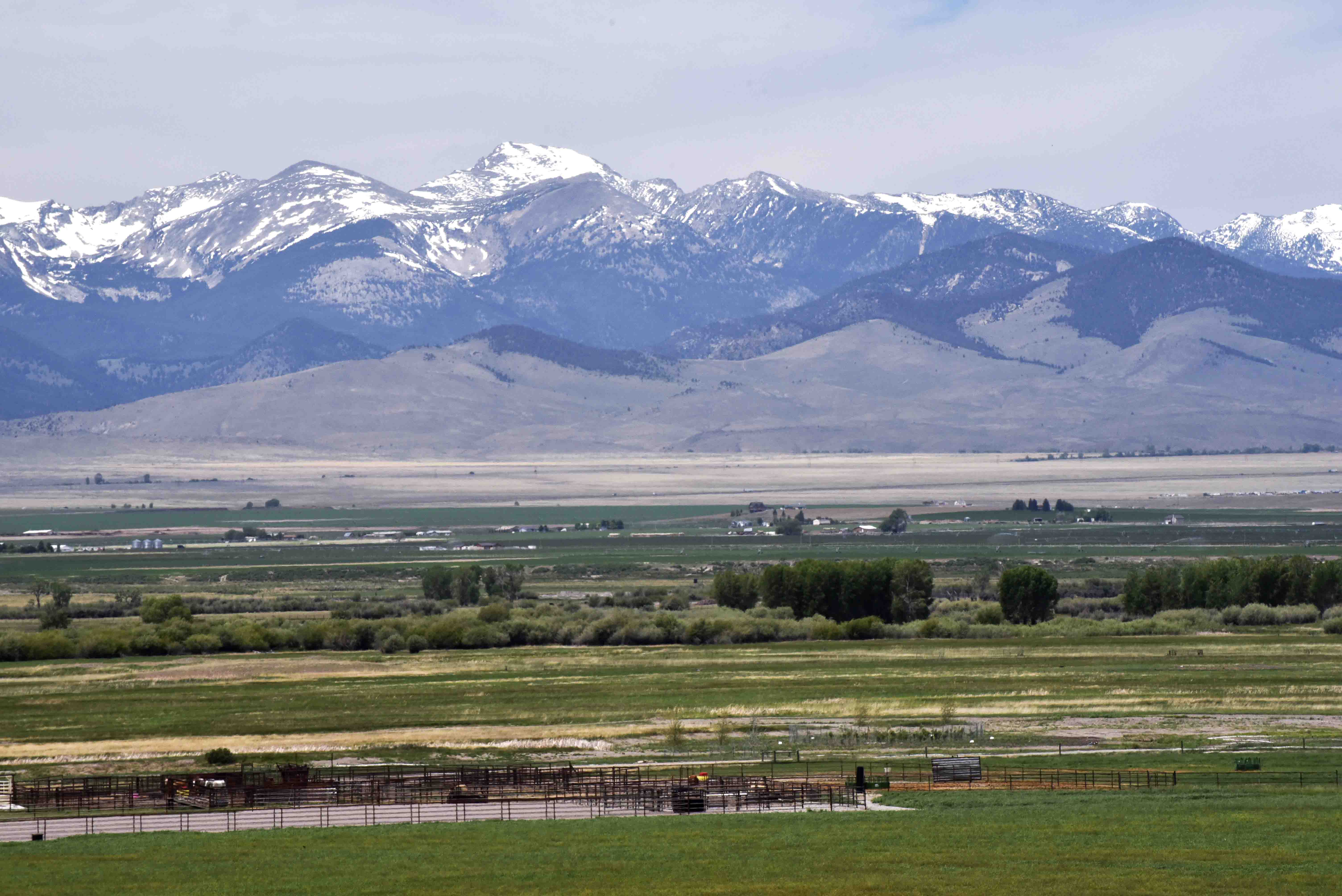
This bill provides an exception to the full change process for three types of modifications to water rights:
- Replacement wells in close proximity to the original well. Replacement wells within 200 feet of the old well will be excepted from the change process regardless of flow rate and volume. This shift will allow more water users to access the streamlined process, easing the expense and hassle of replacing infrastructure that no longer works.
- Municipalities changing the place of use to match their service area. The bill creates a new and expedited path for cities or county water and sewer districts to expand the place of use associated with their unperfected permits or reservations as they adjust their service area outside the original place of use. The streamlined change will allow municipalities to more nimbly respond to growth and development pressures.
- Producers adding stock tanks to an existing water right. This provision provides flexibility to the agricultural industry for stock tanks that may need to be added, moved, or removed over time. It will also allow livestock producers to take better advantage of federal funding.
What’s Next? DNRC is preparing to engage in rulemaking and form updates to implement the new exceptions prior to the effective date of October 1, 2025.
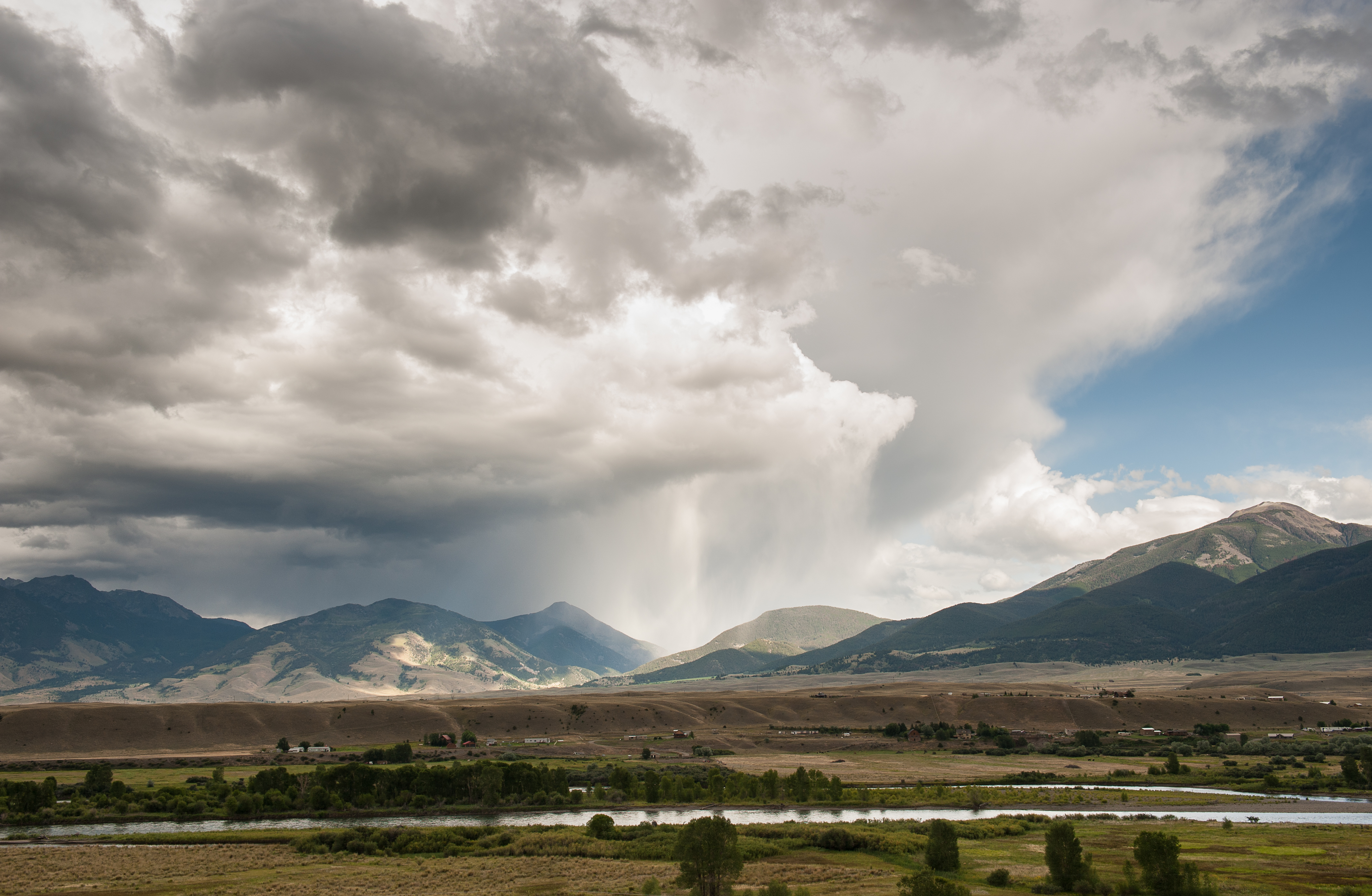
This bill is intended to add coordination, efficiency, and consumer protection to the subdivision review process. The primary change for water users will be the requirement to file a Notice of Intent with the DNRC prior to using water from an exempt well under 85-2-306(3)(a)(iii) or (3)(a)(iv), MCA. The DNRC must authorize or deny Notices of Intent within 10 business days, ensuring that projects will not be unduly delayed by this review. This requirement begins on January 1, 2026. Benefits of this bill include:
- DNRC will have the authority to evaluate permit exception eligibility, including whether multiple groundwater developments in the same area constitute a combined appropriation, as part of authorizing the Notice of Intent. Completing this work up front allows applicants to receive a decision from DNRC on whether their project qualifies for a permit exception before making major infrastructure investments.
- Applicants going through subdivision review will be able to concurrently, rather than sequentially, move through processes under the Subdivision and Platting Act and Water Use Act.
- DNRC’s water right information can be relied on where appropriate by DEQ and local governments in the subdivision review process. For example, information from DNRC’s technical analyses of a permit or change application can be used to inform some of the environmental assessment requirements set forth in section 76-3-603, MCA.
- Authorized Notices of Intent will be viewable via the Water Rights Query System so that potential buyers can easily ascertain whether a given parcel is eligible for an exempt groundwater development.
What’s Next? DNRC is preparing guidance for water users to understand how this bill may impact their home or development project, and how to navigate upcoming changes. DNRC is also preparing to engage in rulemaking, create new forms, and hire new staff to ensure compliance with the 10-business day timeline to authorize or deny Notices of Intent. Check back soon for more information.
The Comprehensive Water Review Stakeholder Working Group was unanimous in its recommendation that the State should substantially invest in existing and new water storage. Similarly, the State Water Plan and Montana Drought Management Plan both recommend exploring novel strategies to slow down and capture water as ways of building management flexibility and drought resilience. The DNRC is grateful for the Legislature’s discussions this session around investing in the state’s storage infrastructure.
The bill would establish a new Montana Water Development State Special Revenue Account to be invested by the Board of Investments and provides for ongoing annual appropriations into the account. Interest earnings would be divided into two existing accounts and distributed to:
- meet critical water storage needs for state-owned storage infrastructure,
- support high-quality inspections of high-hazard dams and
- fund innovative water storage pilot projects.
What’s Next? The DNRC is developing eligibility and application criteria for accessing dam inspection and storage pilot project funding grants. The DNRC will also utilize these dollars to rehabilitate the 22 state owned reservoirs that provide water for irrigation, municipalities and fisheries across the state.
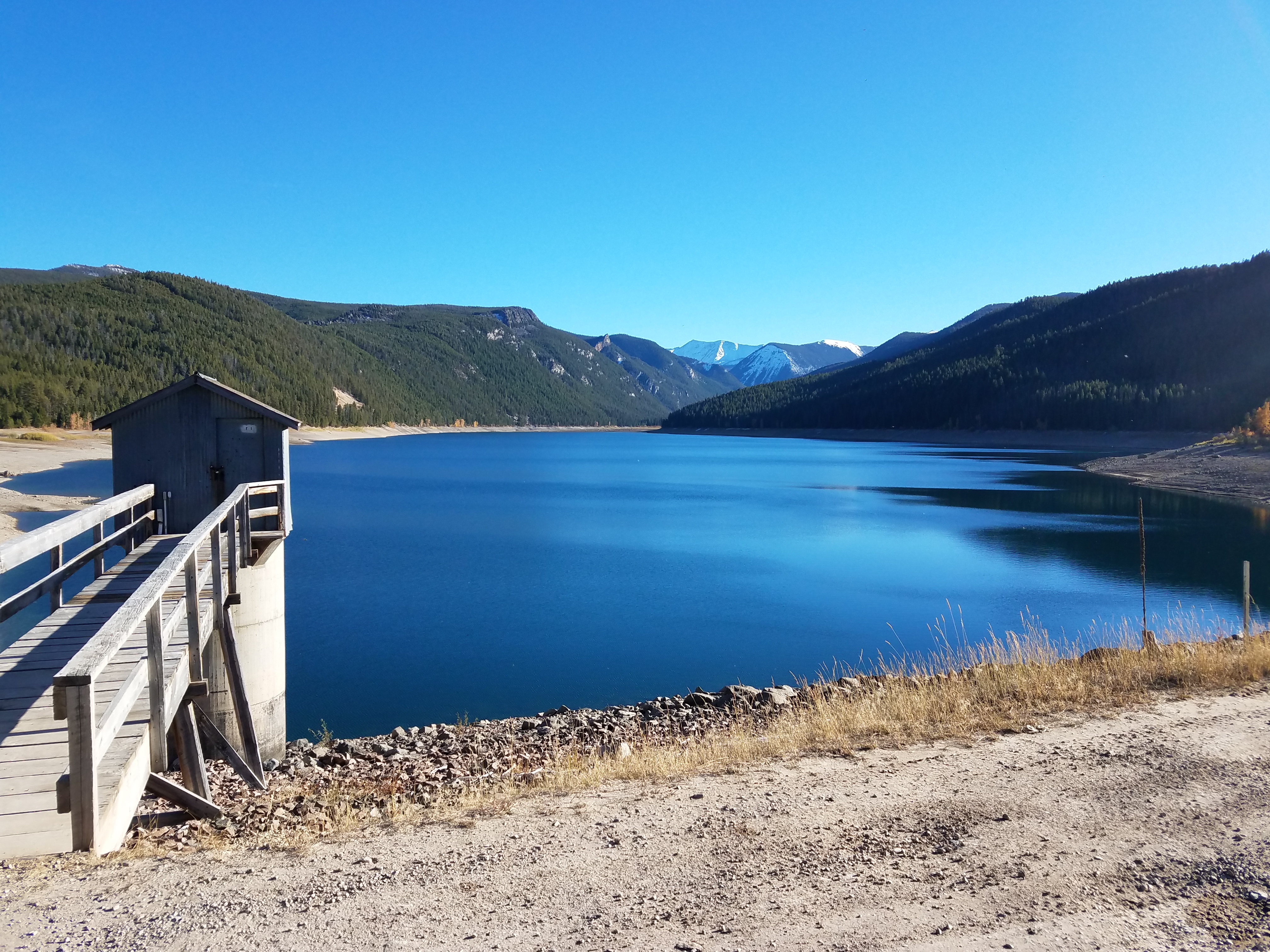
House Bill 932 allows money collected in the Marijuana State Special Revenue Account to be used toward state-owned water storage infrastructure in the amount of up to $4 million annually.
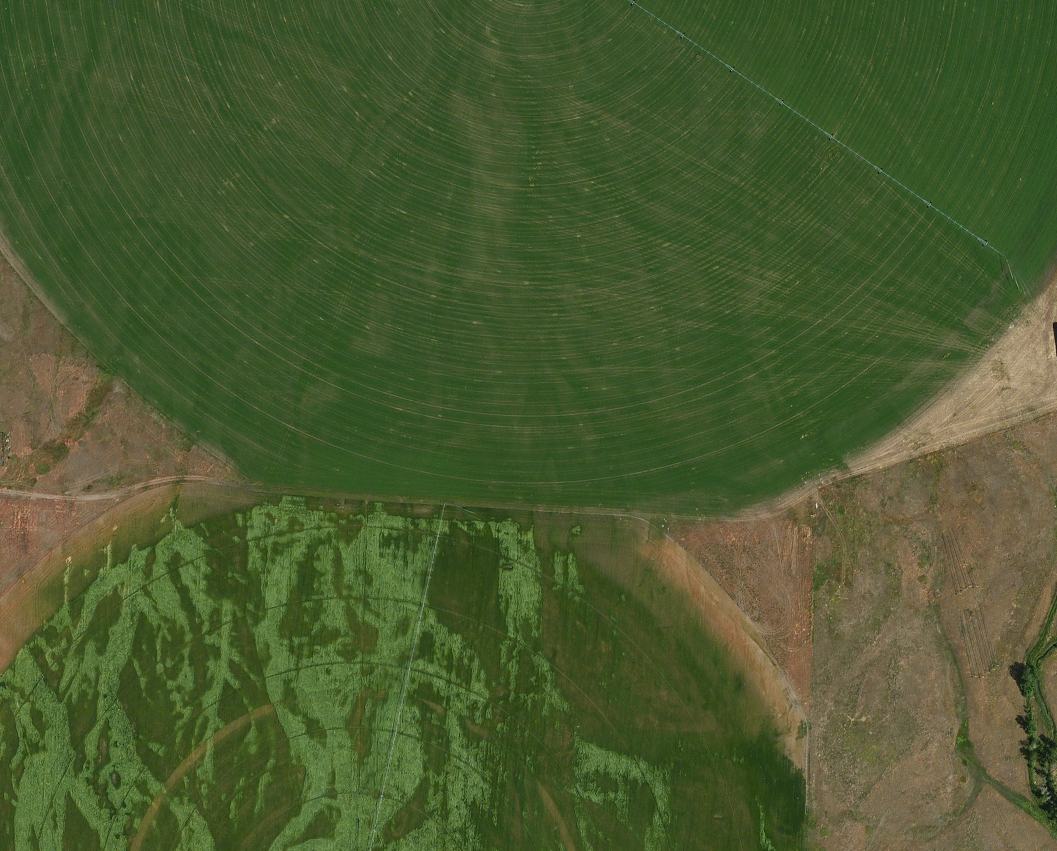
This bill provides certainty, finality, and due process for both adjudicated water rights holders and provisional permit holders after the conclusion of the statewide water adjudication. The bill:
- Defines a clear process for pre-1973 adjudicated water right holders to petition DNRC to reduce, modify, or revoke a provisional permit based on the final decree, if necessary to protect an adjudicated water right.
- Ensures that DNRC checks for consistency with the final decree when verifying changes.
- Creates a process for issuing certificates of water right for provisional permits and change authorizations. This process will remove the “provisional” status of these permits and change authorizations so that they transform into certificates of water right holding the same weight as an adjudicated water right.
What’s Next? The DNRC is preparing to engage in rulemaking to account for the bill’s changes in DNRC’s verification processes. The bill provides that adjudication basins that currently have a final decree in place (or receive a final decree prior to January 1, 2026) will begin their petition process by the end of 2026. For the remaining basins, the DNRC will provide notice of the petition process within 60 days of issuance of the final decree.

Senate Bill 190 reinstates a provision that sunset in 2023 allowing water permit and change applicants to seek a waiver of adverse effect from owner(s) of a water right(s) identified by DNRC as potentially impacted by the new or changed use. The Stakeholder Working Group unanimously voted to reinstate the provision because it can simplify the water rights permitting or change process in certain situations and creates flexibility for water users.
What’s Next? This bill will go into effect on October 1, 2025.
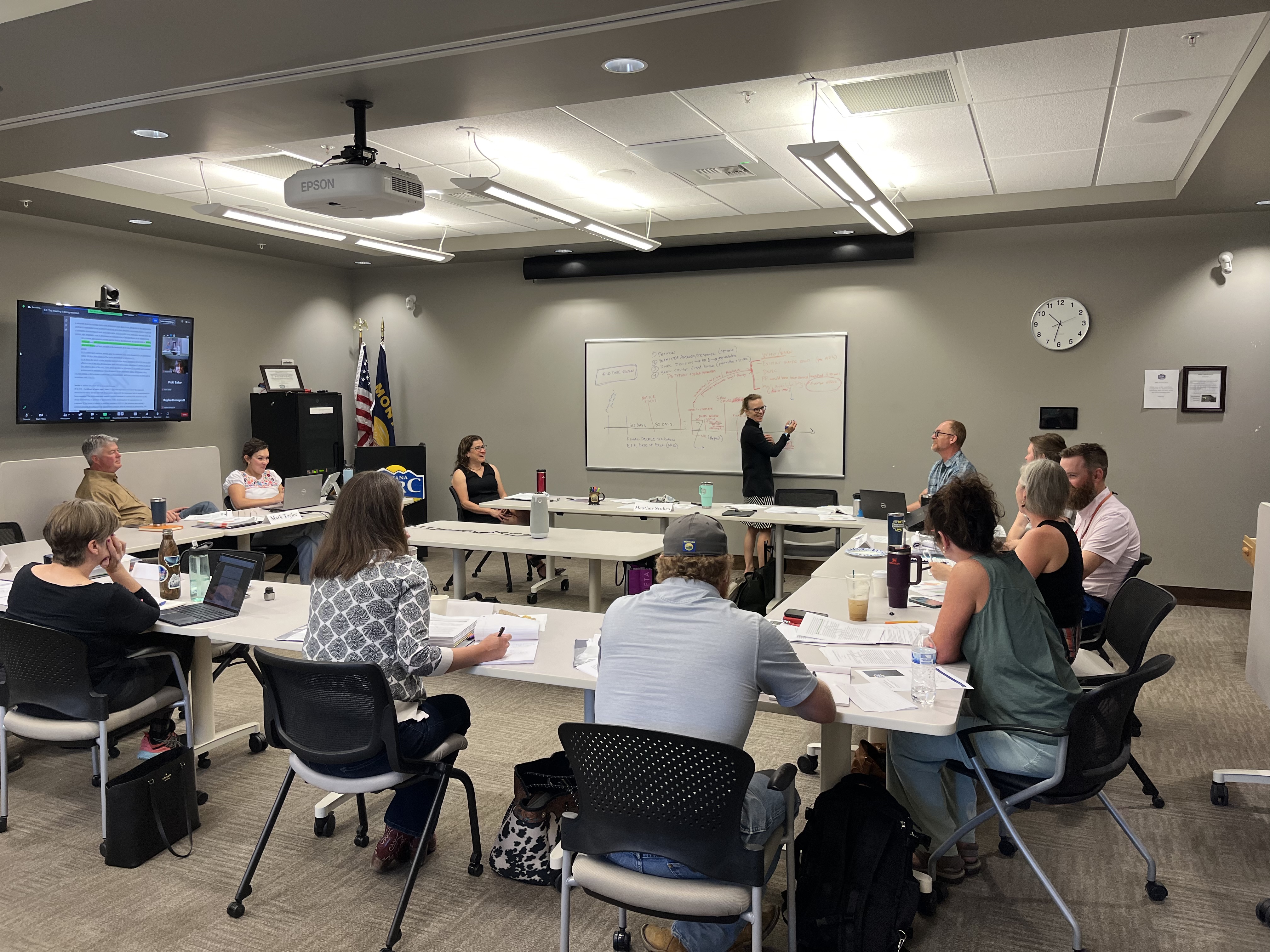
The members of the Stakeholder Working Group came to the table two years ago with a wide variety of opinions about exempt wells. Some wanted to abolish them altogether due to concerns about cumulative impacts. Others wanted to expand the exemption to promote efficient development. One thing everyone could agree on was that the status quo is not working for anyone.
Over dozens of meetings and hundreds of hours, a majority of the group arrived at a compromise solution that included robust scientific and legal criteria and took into consideration that Montana is a diverse state where “one-size-fits-all” solutions may not work.
The bill proposed adopting scientific and legal criteria to guide the appropriate use of exempt wells.
- In four high-growth areas of the state, this bill would have created exempt well closure areas based on scientific and legal criteria that demonstrate the cumulative impacts of exempt well use. New well development would go through the standard application process rather than the exempt well process.
-
- Grandfathering provisions would have protected certain appropriations that had received a Certificate of Subdivision Approval and a DNRC subdivision review letter prior to the closure, which also would have protected many planned water uses that may be impacted by the February 14, 2024 Order in Upper Missouri Waterkeeper, et al v. Broadwater County and DNRC, Montana First Judicial District Court, Cause No. BDV-2022-38.
- In the rest of the state, the working group found that exempt wells remain an appropriate water supply option with minimal impacts to physical and legal supply. In these areas, the bill would have simplified administration to increase certainty and predictability around the use of exempt wells for subdivisions.
The bill also included metering and reporting requirements for new wells in certain areas to ensure adaptable regulation and decision-making into the future.
What’s Next?
- DNRC will continue to evaluate combined appropriations on a case-by-case basis, consistent with rule, statute, and case law. In the absence of a legislative solution for water users impacted by Upper Missouri Waterkeeper, et al v. Broadwater County and DNRC, DNRC will be conducting outreach to Montana water users on how their proposed projects may be impacted. Check back soon for more information.
- The DNRC is committed to continuing the conversation by working to understand and implement the tools needed to make permitted water rights a more achievable alternative to exempt wells, particularly in closed basins.

The Water Court is issuing final decrees in Montana’s statewide water adjudication at an increasing pace. Final decrees have already been issued in 12 basins, and more are imminent. A majority of the Stakeholder Working Group coalesced around the concept of providing a one-stop-shop by extending the Montana Water Court’s jurisdiction to include post-adjudication water right administration.
House Bill 886 would have retained the technical and institutional expertise of the current water adjudication court by continuing the existing statutory water divisions as the “Water Division Court” responsible for adjudicating, administering, and enforcing final decrees; maintaining court records and documents; reviewing DNRC permitting decisions; appointing and supervising water commissioners; and hearing distribution disputes and abandonment claims.
What’s Next? The statewide adjudication will continue into the near future, as will the need for the current water adjudication court. Without future action by the Legislature, litigation of claims related to the adjudication, administration, and distribution of water rights will likely fall to the District Courts.
Additional Related Bills
Senate Bill 178: Provide for Temporary Lease of Water Rights – Signed into law by Governor
Senate Bill 178 provides flexibility to meet the growing water needs while providing for notice and objection for potentially adversely affected water users.
- This bill allows for the temporary leasing of water rights in Montana. The leased water must not exceed the original water right's consumptive use or a standardized limit of 2 acre-feet per acre for irrigation rights. The process is only available for water rights that have been in use within the past 5 years.
- Water can be leased for up to 40 days per year, and up to 5 years during any consecutive 10-year period. Applicants for a temporary lease must describe how the water will be used and a plan for mitigating any potential adverse effects.
- The DNRC must approve or deny the application and provide public engagement through a public notice and objection period.
What’s Next? DNRC is preparing to engage in rulemaking and create new forms to meet the effective date of October 1, 2025.
House Bill 580: Clarify Water Right Abandonment – Signed into law by Governor
House Bill 580 provides protection from claims of water right abandonment for participants in a drought management plan who stop or reduce their water diversions during drought conditions. Under HB 580, such voluntary conservation actions cannot be the basis for a claim of water rights abandonment. Local level drought planning is an important recommendation in both the State Water Plan and the Montana Drought Management Plan, and DNRC believes that HB 580 will encourage water users to engage in such voluntary conservation measures to build drought resilience.
The 2023-24 Comprehensive Water Review Stakeholder Working Group has concluded its work. DNRC wishes to thank the Working Group Members for their extraordinary commitment developing innovative and inclusive recommendations for water administrative policy. Over the course of 18 months, the Stakeholder Working Group considered a diverse array of solutions related to its two focus areas: Final Decree Transition, and Planning, Growth, and Exempt Wells. Ultimately, the group voted to approve five bill draft recommendations and two policy recommendations over the course of eighteen months:.
SB 190: Waiver of Adverse Effect
- Bill Handout
- Introduced Bill Language (External link to the Legislature's Bill Explorer)
- Section-by-section Analysis
HB 441: Alignment of Provisional Water Rights with Final Decrees
- Bill Handout
- Introduced Bill Language (External link to the Legislature's Bill Explorer)
- Section-by-section Analysis
HB 886: Efficient Administration of Water Rights (Role of the Judiciary)
SB 358: Exempt Wells
- Bill Handout
- Introduced Bill Language (External Link to the Legislature's Bill Explorer)
- Section-by-section Analysis
- DNRC Recommendation on Criteria for Designation of Closure and Monitoring Areas for Water Quantity
HB 432: Exceptions to the Change Process
- Bill Handout
- Introduced Bill Language (External link to the Legislature's Bill Explorer)
- Section-by-section Analysis
HB 256: Creating the Montana Water Development State Special Revenue Account
- Bill Handout
- Introduced Bill
- Note: this bill was not drafted by the Stakeholder Working Group, but would promote the group's recommendation that the State invest substantially in water storage.
*Note: Language is subject to additional non-substantive revision by the Legislative Services Division in order to conform to bill drafting standards. The drafts linked above will be updated to reflect the Introduced version if and when the bill is introduced in the Montana Legislature.
Looking for Meeting Materials?
Recordings and documents from each monthly full-day meeting of the Stakeholder Working Group are available on the "Meetings and Materials" page. In addition, the members of the Stakeholder Working Group divided into two sub-working groups to dig deep on the priority issues and develop options and recommendations for the path forward. You can visit the sub-working groups’ pages to review these archives.
| Monthly Meetings and Materials | Exempt Wells, Water Planning, and Growth Sub-Working Group | Final Decree Transition Sub-Working Group |
Stakeholder Working Group Water Bill Webinar Series
In December, members of the Comprehensive Water Review Stakeholder Working Group and DNRC staff hosted a webinar series to provide a detailed look at the stakeholder-generated bills recommended for consideration during the 2025 Legislative Session. These recordings:
- Explain how the bills solve identified issues related to water quantity, availability, and water rights processes;
- Provide a detailed overview of the solution each bill proposes; and
- Discuss considerations the SWG weighed in reaching its recommendations
|
December 10, 2024
12 p.m. - 1 p.m.
|
December 12, 2024
12 p.m. - 1 p.m.
|
December 19, 2024
12 p.m. - 1 p.m.
|
| Watch the Recording | Watch the Recording | Watch the Recording |
2023-24 Stakeholder Working Group MembersThe Stakeholder Working Group members were selected through and application process. Each member committed to engaging in collaborative deliberation. |
|
|
Abby Brown (Water Attorney) Alan Olson (Industrial) Andrew Gorder (Conservation) Arnold Bighorn (Tribal) Brian Heaston (Municipal) Clayton Elliot (Recreation) Spencer Woith (Domestic and New Development) Jan Thomson-Rouse (Hydropower)
|
Jocelyn Cahill (Irrigation) Julie Merritt (Water Consultant) Kelly Lynch (Municipal) Mark Taylor (Domestic and New Development) Nicole Rolf (Stock Water) Raylee Honeycutt (Stock Water) Ryan McLane (Water Attorney) Vicki Baker (Irrigation) |
Key Challenges of the Comprehensive Water Review
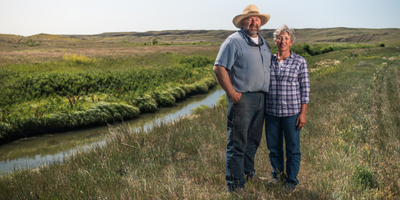
Stakeholder Engagement, Outreach, and Education
Consistent and proactive water education and outreach activities are necessary to provide a foundation for the informed management of Montana’s water resources now and into the future.
Comprehensive Water Review Background
After nearly 50 years of implementation and targeted adjustments, the Water Use Act and associated regulations and policies need a comprehensive review to ensure that water administration and management is serving the current and future water needs of Montana. Benefits of this review include streamlined and consistent administrative processes, improved customer service, responsible and innovative development, and efficient administration of Montana’s water resources. The results of this effort must also uphold the core principles of the Water Use Act for current and future water appropriators. This review of water right administration and management requires significant stakeholder input and a comprehensive look so that Montana can meet its water needs of the 21st Century.
In 2021, DNRC’s Water Rights Division (WRD) set out to listen and learn from Montana water users in order to comprehensively evaluate and reform state water administration while also upholding the core principles of the Water Use Act for current and future appropriators. With input from hundreds of members of the public, WRD identified and prioritized key challenges that we must address to ensure streamlined and consistent administrative processes, improved customer service, and responsible and innovative development of Montana’s water resources.
Learn More about the Comprehensive Water Review
In 2022, WRD formed two Stakeholder Working Groups to tackle priority challenges through intensive, constructive, and deliberative dialogue. The extraordinary dedication of the Stakeholder Working Group members produced two bills introduced in the 2023 session, both sponsored by DNRC.
Learn More about the 2022 Stakeholder Working Groups
Public participation is critical to the success of the Comprehensive Water Review and the Stakeholder Working Group, and we are grateful to hear your input and concerns. Do you have questions or feedback for the Stakeholder Working Group or suggestions for how we can make public engagement more meaningful and accessible? Email us!


